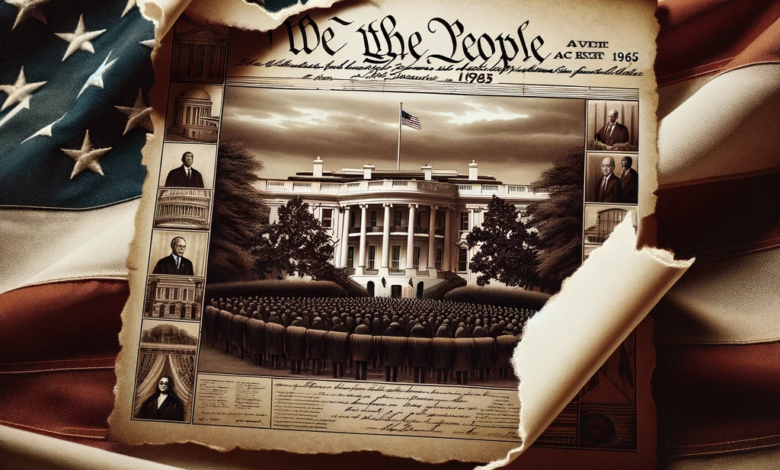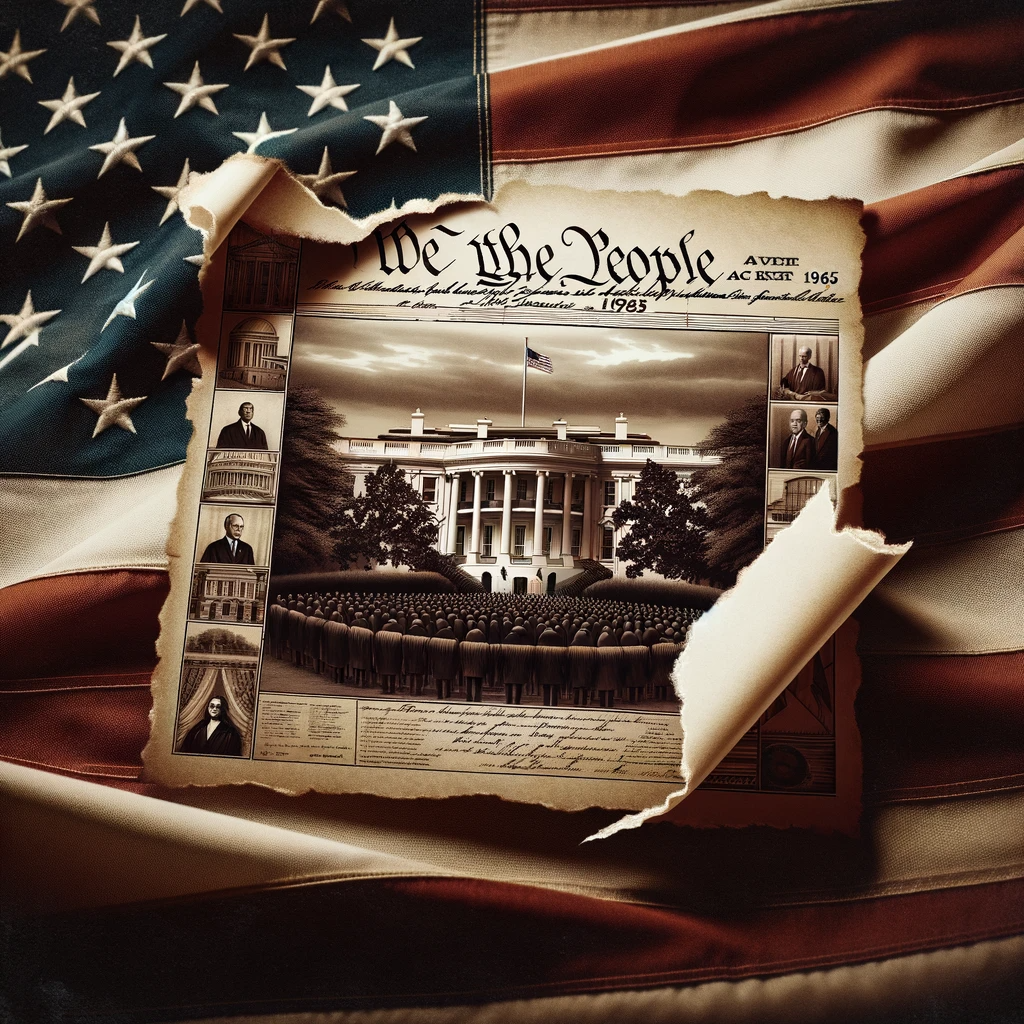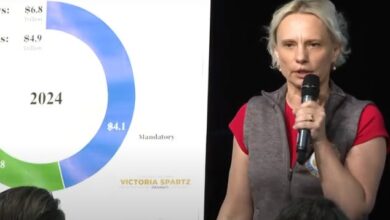Appeals Court Ruling Challenges Enforcement of the Voting Rights Act


A recent decision by a federal appeals court has created significant concerns about the future enforcement of the Voting Rights Act, a cornerstone of American civil rights legislation. This ruling could potentially reshape the landscape of voting rights in the United States.
The Court’s Decision
The 8th U.S. Circuit Court of Appeals ruled that only the U.S. government, represented by the Attorney General, is authorized to file lawsuits under Section 2 of the Voting Rights Act. This section is crucial as it prohibits racially discriminatory voting practices. The ruling overturned a long-standing practice where private individuals and civil rights groups often brought such cases to court. This shift could drastically limit the ability to challenge issues like redistricting and voter ID requirements through private litigation.
Background of the Case
The ruling originated from a lawsuit in Arkansas, where the state chapter of the NAACP and other groups alleged that the state’s legislative districts diluted the voting power of Black voters. The district court ruled that there was no private right of action under Section 2, meaning that these groups did not have the right to bring the lawsuit. The appeals court upheld this decision.
Implications of the Ruling
If this decision stands, it could mark a dramatic rollback in the enforcement of the Voting Rights Act. Historically, private parties and civil rights groups have played a crucial role in bringing Section 2 challenges, covering issues from redistricting to voter ID laws. The Department of Justice does bring such challenges, but private groups have been the primary drivers. The ruling potentially puts many of these efforts in jeopardy.
Potential for Supreme Court Review
The significant shift in interpretation by the 8th Circuit has set the stage for a potential review by the U.S. Supreme Court. Given the crucial nature of the Voting Rights Act and the fundamental changes this ruling could bring, many expect the Supreme Court to eventually weigh in on this matter. The discrepancy in interpretations among different circuit courts further increases the likelihood of Supreme Court involvement.
The Road Ahead
Legal experts emphasize the critical nature of this ruling. If upheld, it could significantly limit the enforcement of the Voting Rights Act, a law that has been instrumental in protecting the voting rights of minorities in the United States. The decision may not only affect the specific case in Arkansas but could also have far-reaching consequences for voting rights litigation across the country.




